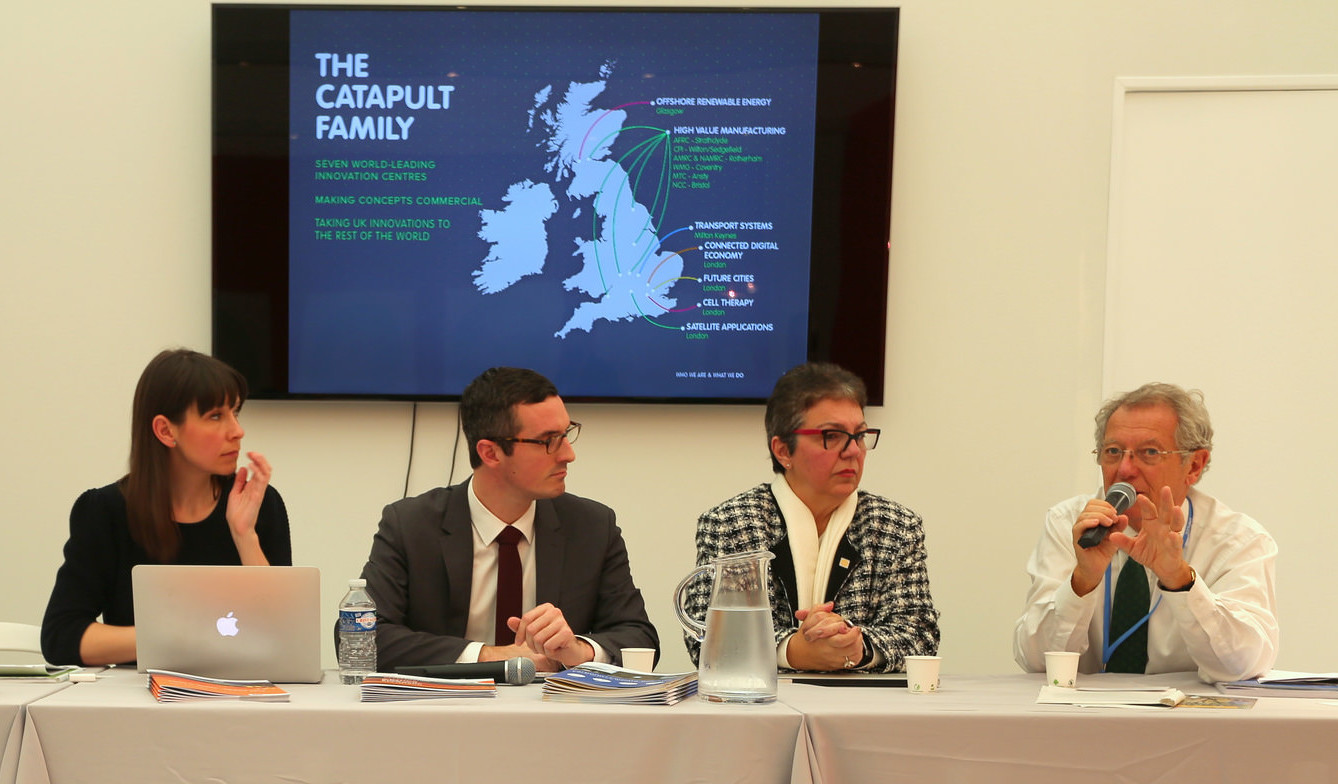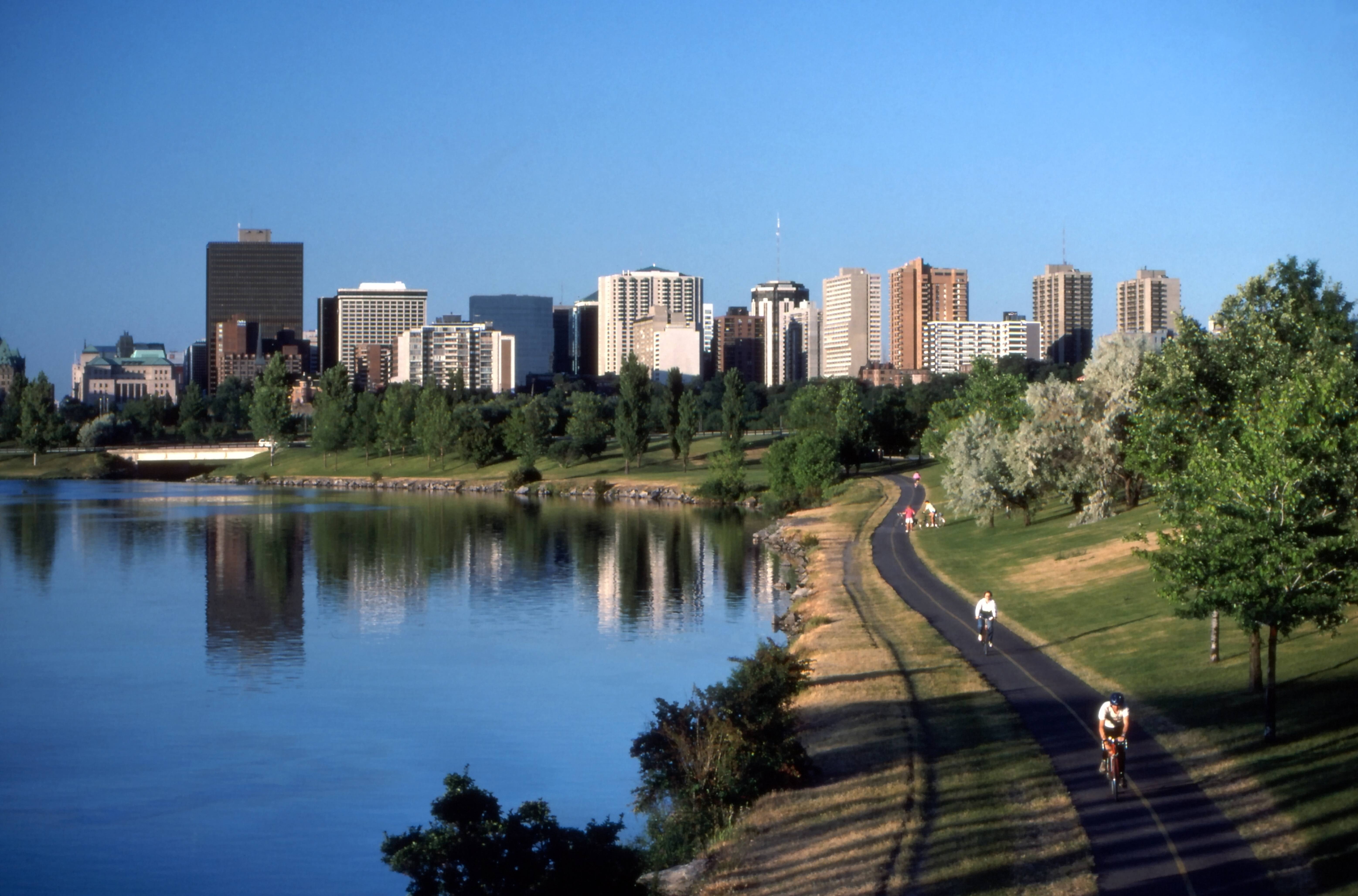TAP Talk: ‘Forward, the Green Brigade!’ – Sir David King looks to catapult climate action on multiple fronts
Sir David King occupies a unique position in the world of climate action. As the United Kingdom Foreign Secretary’s permanent Special Representative for Climate Change, he shapes the climate strategy of one world’s most influential countries; as the Chair of Future Cities Catapult, he catalyzes the spread of innovative urban solutions to cities across the world.
This perspective – plus a lifetime of experience in climate science – allows Sir David to bridge these two worlds and draw out the elements that are vital for accelerating change. And in order to open up the large markets for energy storage and systems as we move through the fastest period of urban development the world has and will ever see, accelerated change is exactly what is required.
This need for speed is the impetus behind Future Cities Catapult, which approaches sustainable development holistically in its mandate to draw out the next best practice through sharing current best practice, and taking it beyond the borders of the UK. When budgets are stretched at every level of government, subnational governments need to be able to implement effectively. One way of doing this is by investigating if initiatives in one city could potentially be adapted, replicated, or improved upon in another. Because even with significant positive movement towards an ambitious Paris Climate Package, the fact remains that we are still not moving fast enough.
185 nations have made landmark commitments through their Intended Nationally Determined Contributions (INDC’s) at COP21, marking the first collective agreement to curb the trajectory of current and future global greenhouse gas emissions. Yet despite this progress, the differences between climate actors at the subnational level and at the national level are easy to recognize.
The interactions between the Heads of State who gathered in Paris for COP21 evoke images of generals huddled around a table, and the negotiations themselves encourage this notion: climate change policy at the international stage is complex and strategic, and international climate action – which is frequently accused of being slow – reflects this complexity. Local government leaders, on the other hand, are much more accustomed to life in the trenches. While Heads of State are forced to survey the entire geo-political landscape, mayors and municipal officials – who are immediately responsible to their citizens as they interact with them on a daily basis – are able to act quickly on critical urban issues which create the right environment for human beings to thrive.
The two weeks of presentations, workshops, and discussions at COP 21 reflect the fact that the star power of local government leaders is rising. According to Sir David, this can be a very positive development; he argues that when one looks at the worlds greenest cities, they will often find a visionary mayor or local leader as the pivotal driver for sustainability.
At a Future Cities Catapult workshop on 9 December, he singled out Bristol’s George Ferguson as a prime example, and professed his belief that initiatives such as the European Green Capital award are accelerating change by encouraging positive competition between cities. From Vancouver to Melbourne, Paris to Seoul, each mayor is looking to make their city the greenest and most sustainable in the world.
These visionary local leaders – whose influence is amplified through participation in cooperative frameworks such as the Compact of Mayors – reflect a new force on the field of international climate action. Out of the trenches and into the fray; not content to wait until 2020, forward moves this Green Brigade.






